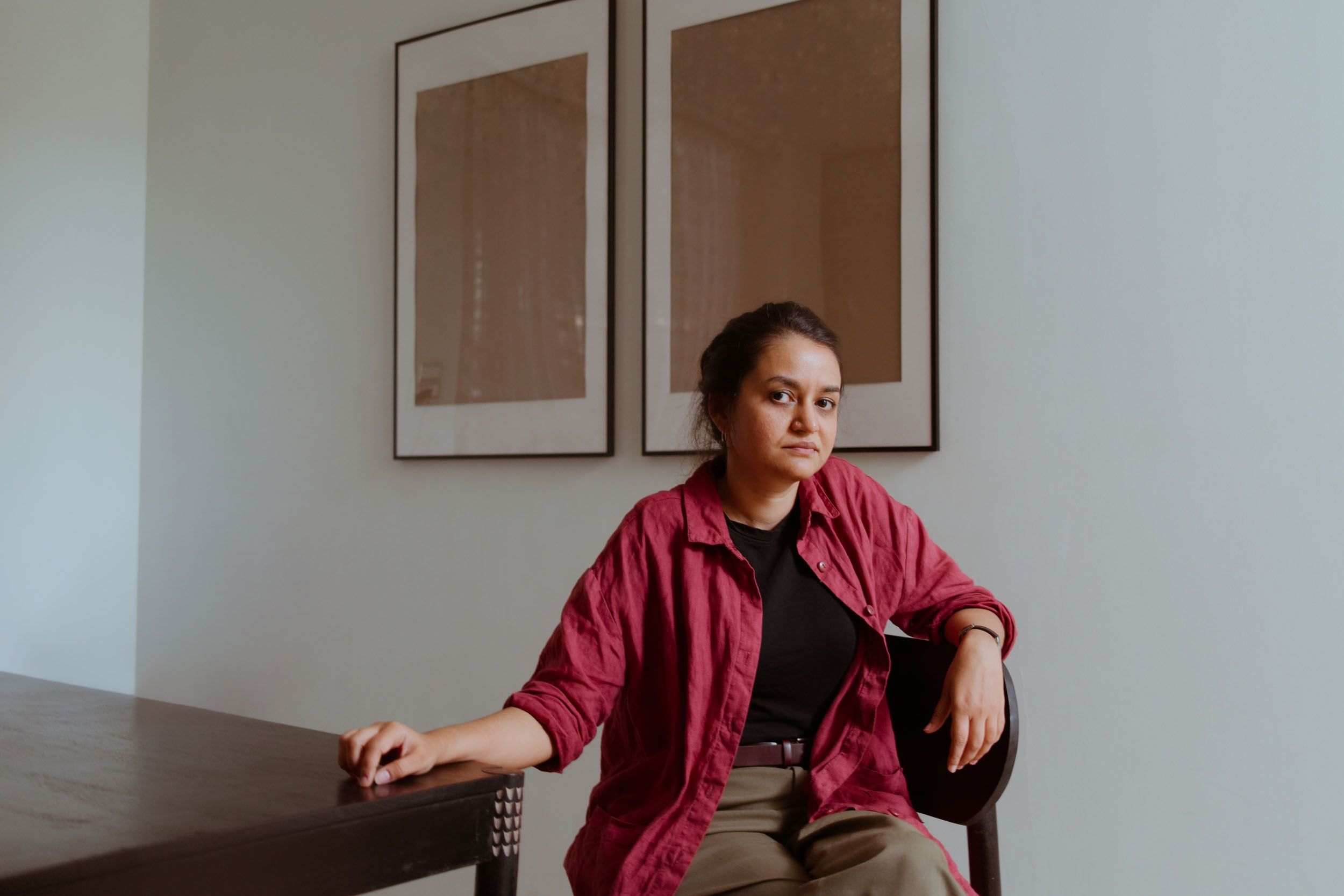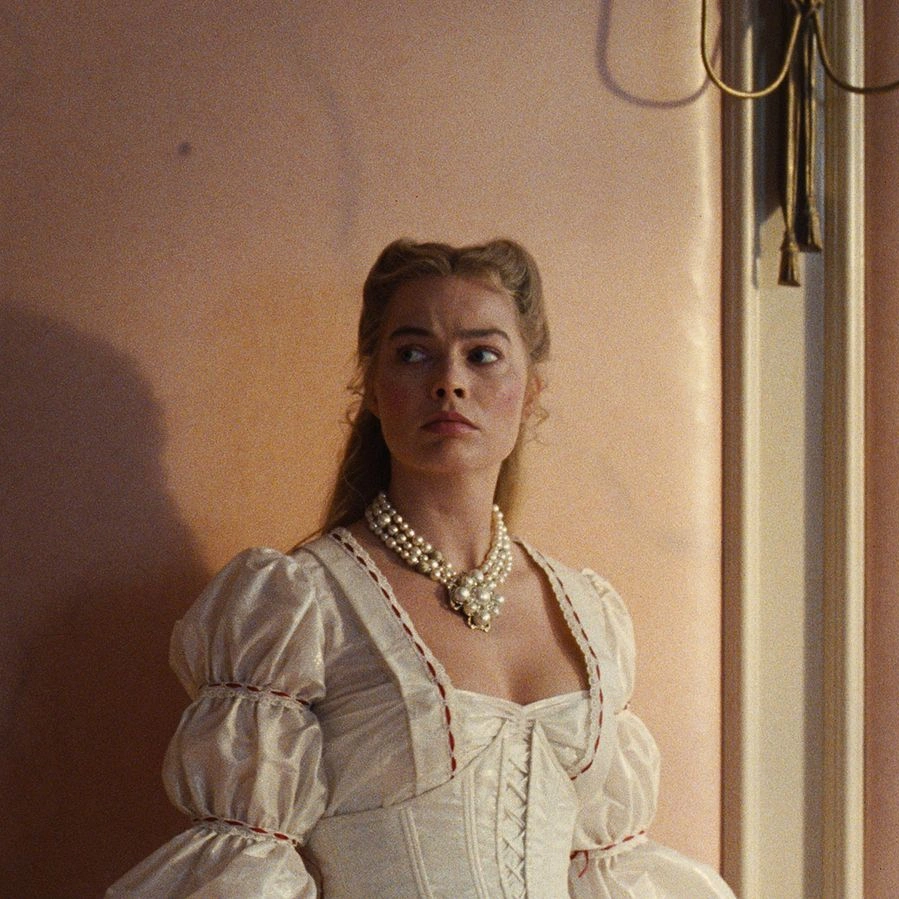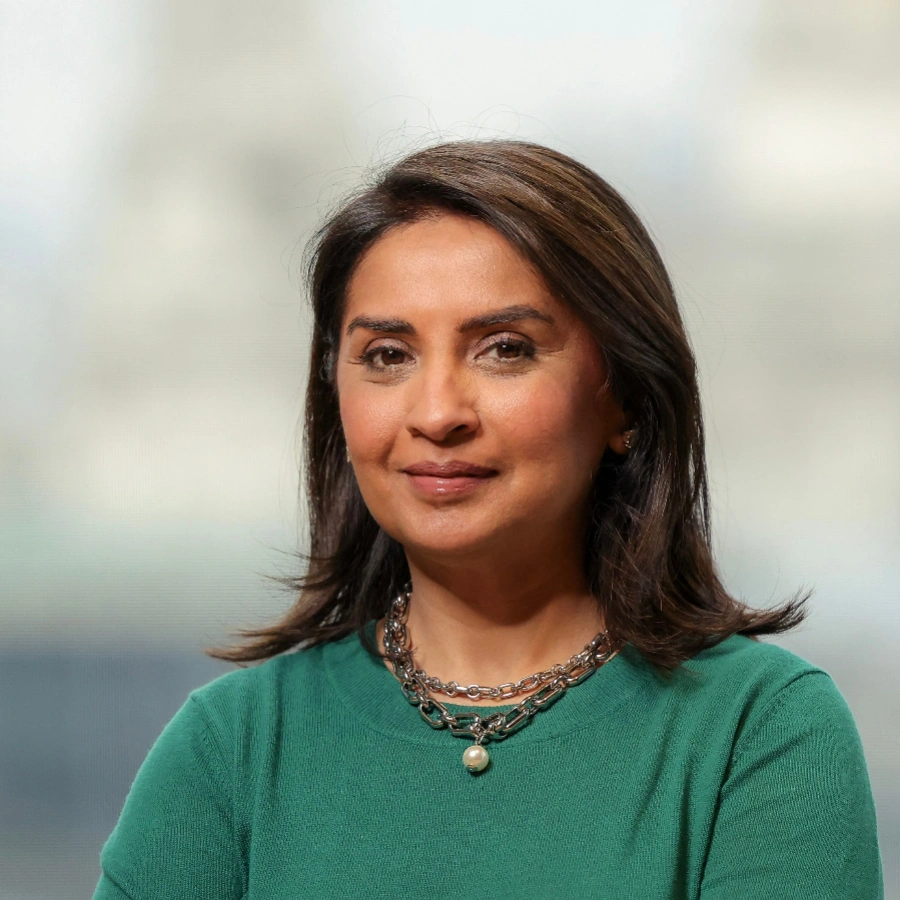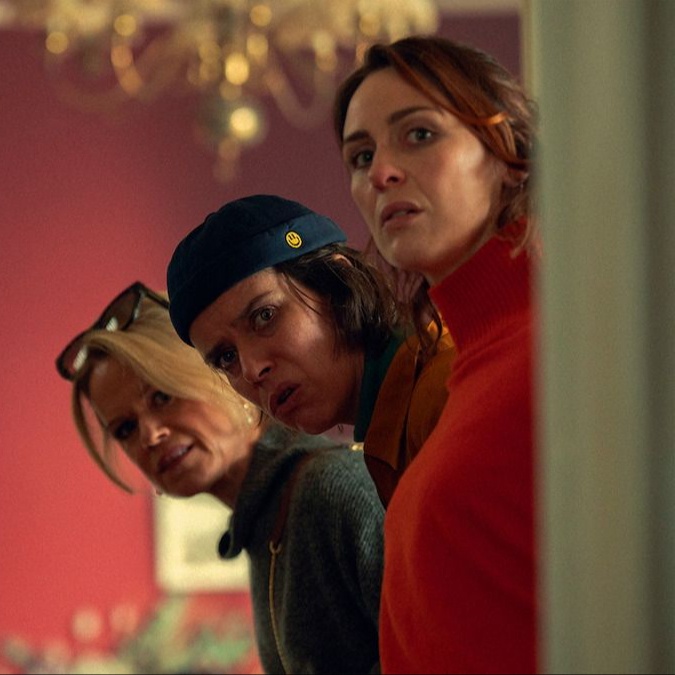When I meet Payal Kapadia at an apartment in a leafy suburb in Mumbai, I’m greeted by that big, genial smile we’ve seen the past few months. But she’s the first to confess that the sparkly smile is trying to hide the exhaustion caused by the relentless rounds of media interviews and festival screenings—a fevered build-up to the countrywide theatrical release of her award-winning film, All We Imagine As Light (AWIAL) this week. As she clips the lapel mic to her maroon button-down, she says, “I love talking about my film, but what I don’t enjoy is the process of film promotion.” Still, the 38-year-old director is far from jaded about her freshly minted crown. The eight-minute standing ovation she received when her movie won the Grand Prix at the Festival de Cannes in May was akin to seeing blinding light at the end of a long, long dark tunnel. It has taken her six long years to make her first indie feature, “so much of it holed up in my room writing the story, so much of it nervous and anxious because it was my first work of fiction,” she explains.
By now, the glowing reviews have led to a frenetic hype, entirely justified, around the film. As its three female characters struggle to find their place in the suffocating hustle of Mumbai, AWIAL leans into feminism not merely with the banked rage of a woman’s heart, but with all her terrifying tenderness and courage—like that rare hand that knows how to hold a butterfly by its wings.
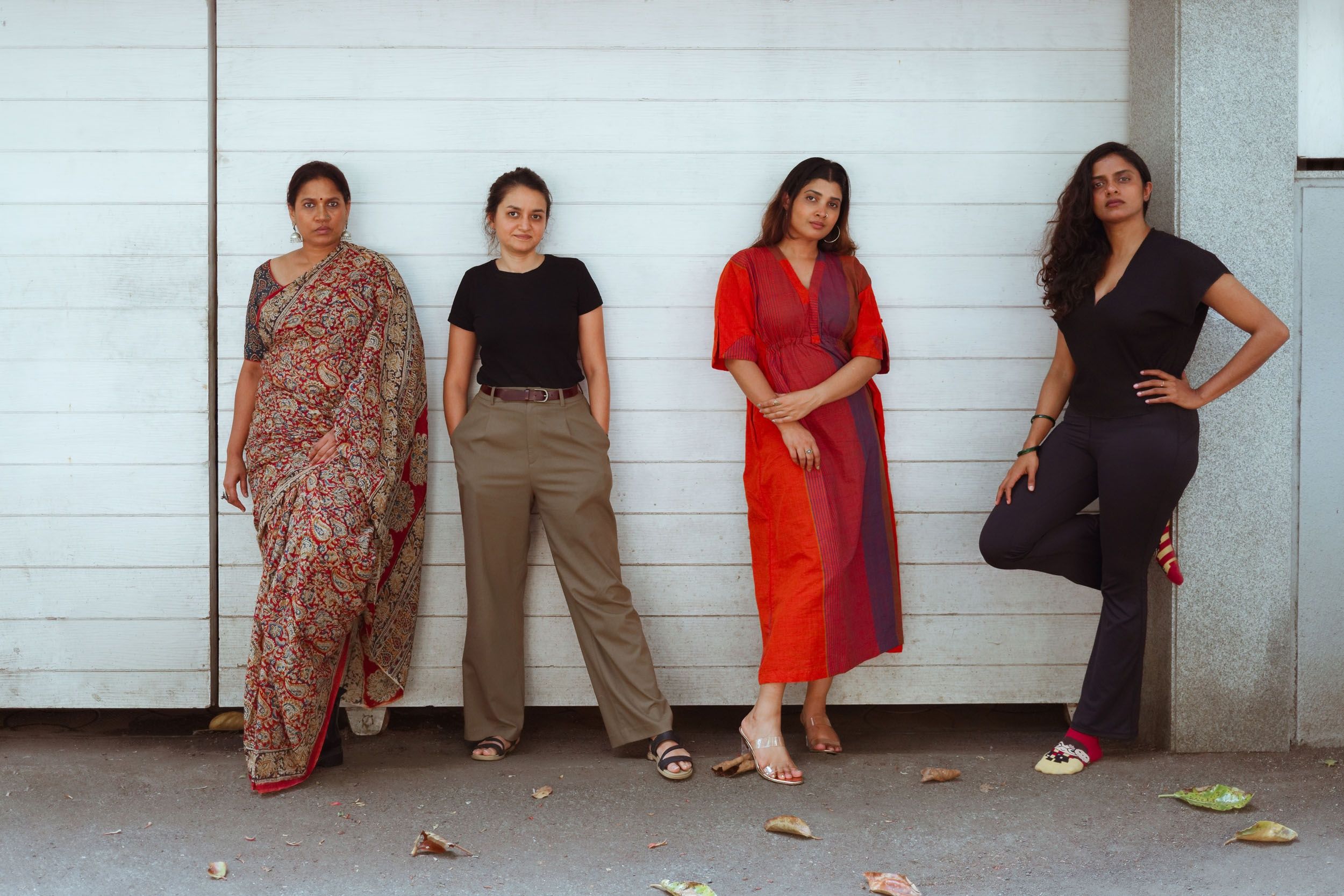
It’s safe to say that Kapadia has been walking towards this spotlight ever since she was a cinema-obsessed teenager at Rishi Valley School, where she was also part of the film club. Or even when she led the headline-making student protest at the Film & Television Institute of India against the controversial appointment of a politician as its chairperson. Her driving reason to make films comes from her questions about the world and her place in it. “The films I have done earlier are around the same themes. My stories are just going deeper and deeper into the things that matter to me as a woman—sisterhood, choice, freedom, and friendship. While making this film, I realised that as financially independent women, especially South Asian women, we are still not able to make a lot of choices that are our own. Too often, I have seen myself making certain decisions that now make me wonder why I behaved the way I did—I didn’t need to. There is a kind of internalised patriarchy, I guess, which makes us women prisoners of ourselves.”
While making this film, I realised that as financially independent women, especially South Asian women, we are still not able to make a lot of choices that are our own. Too often, I have seen myself making certain decisions that now make me wonder why I behaved the way I did—I didn’t need to. There is a kind of internalised patriarchy, I guess, which makes us women prisoners of ourselves.”
Coming to matters of choice, one wonders if not being selected as India’s official entry for the Oscars was a bit of an emotional bruise. Kapadia, though, has more than once stated at press meets that she has already won the acclaim that she once hoped for. Still, that does not stop her from confessing that it saddens her when someone at a screening says they didn’t like the film. “I need to look into that criticism, and I will. But let’s face it—my film is me. It’s a mirror to my politics and my point of view, so when someone says they didn’t like it, it does feel like they are coming at me.”
However, there are other things that worry her more than someone tearing her work down. She fears that as a filmmaker she may lose awareness of her privilege. “Being able to make films comes from a certain class and caste privilege that I have. I worry if my privilege is making my point of view problematic.” This recurring introspection comes from a punishing scrutiny of her own intentions. Initially, she wanted to cast non-actors—the low-paid heroes of a real hospital workforce. “I thought that I will cast people who are actually doing the job. I come from a non-fiction background, so it was natural to think that way. I interviewed nearly 200 such women. I would tell them that they would have to devote a certain amount of time for the shoot, and they would refuse to do so. They’d wonder if they would still have their job after they were done with the film. That’s when I realised my privilege had made me approach them and assume that they would have no issues giving their time, simply because I had asked them to.”



